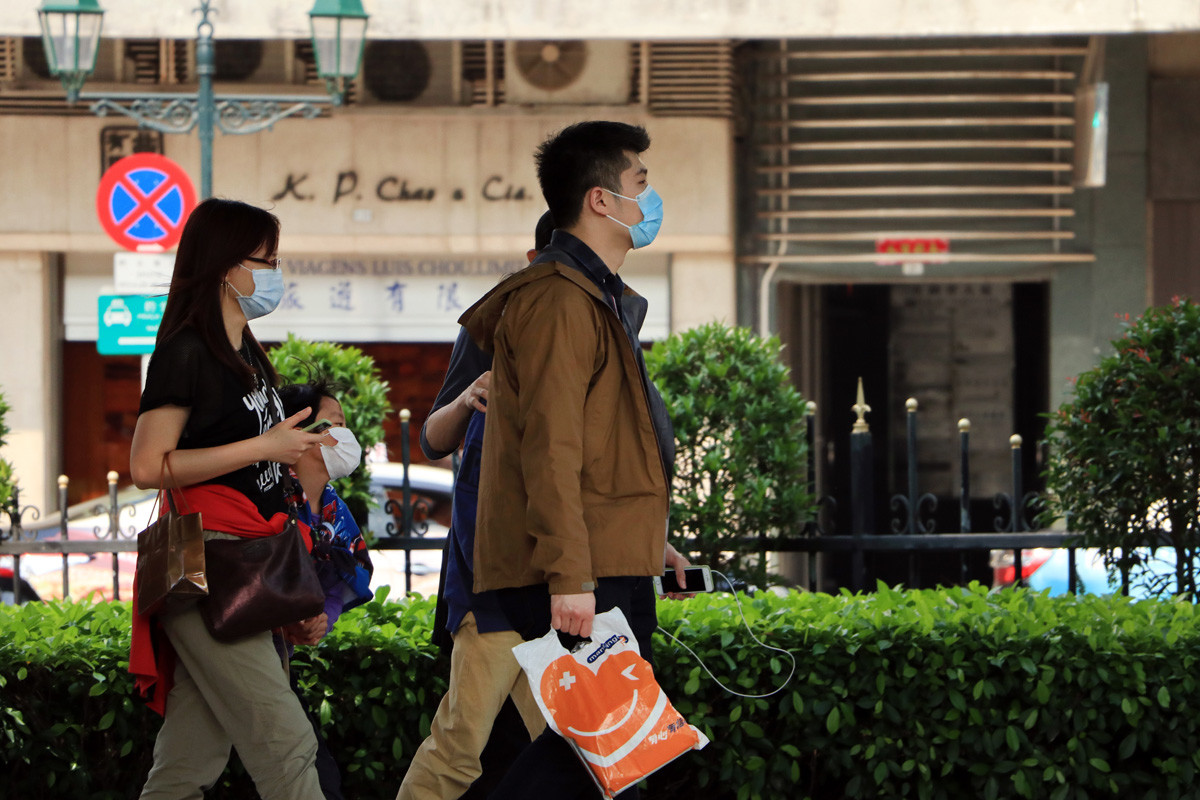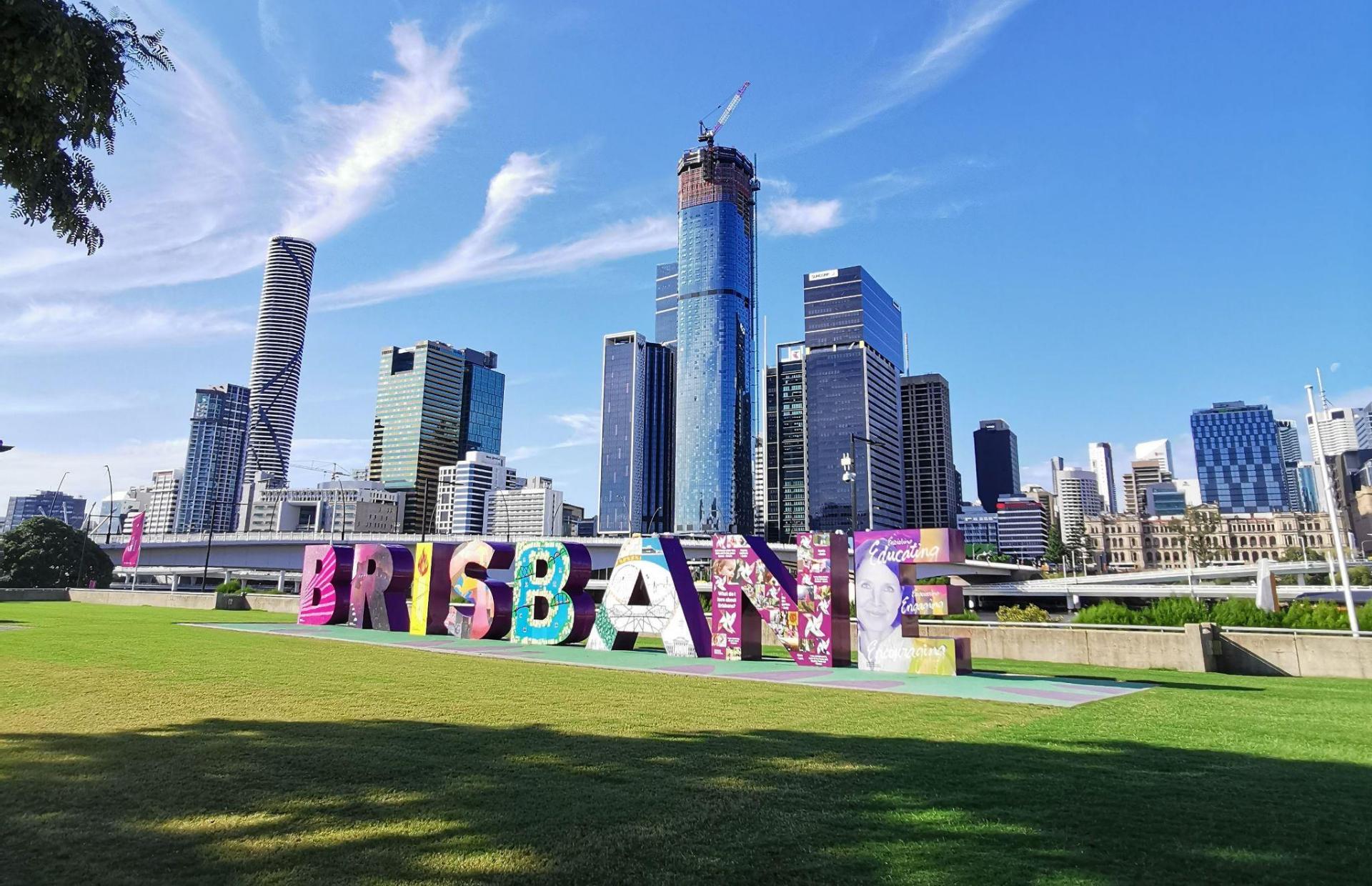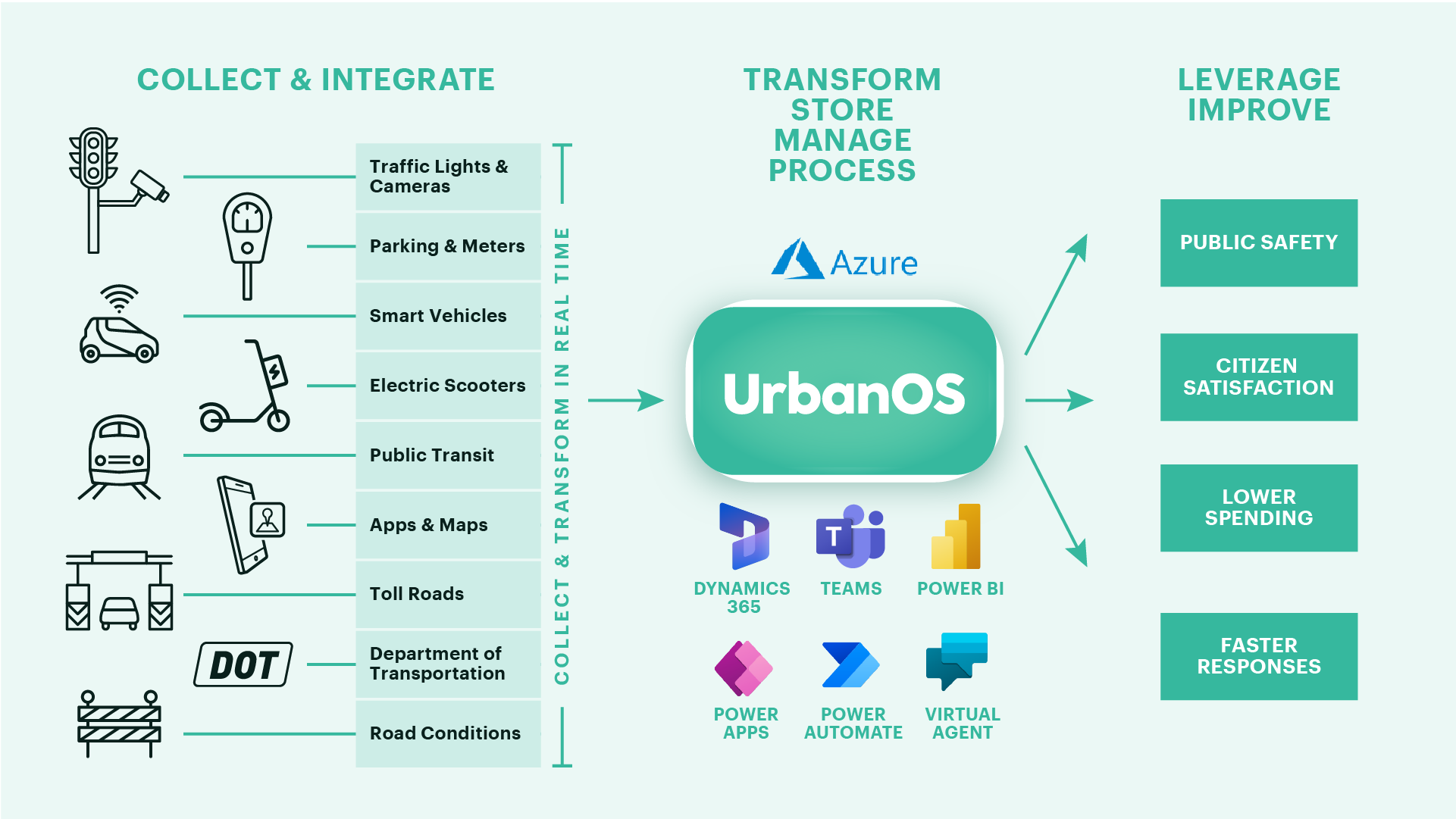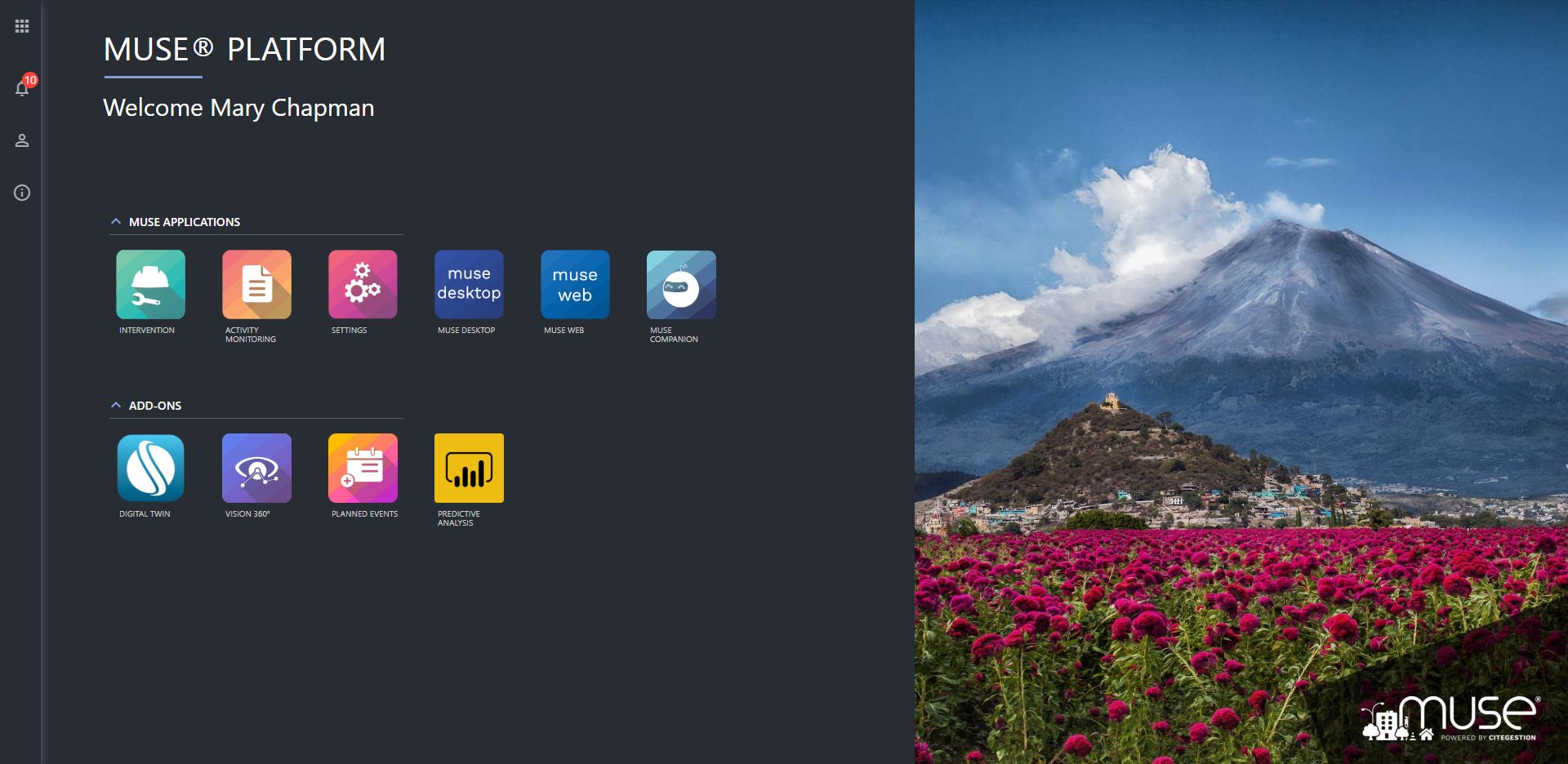Author | Patricia M. LicerasWhile the wait for the vaccine continues, stopping the spread of COVID-19 is proving to be a highly complicated task. This has led many to combine technology and collective intelligence -which stems from individuals collaborating to solve problems- as an innovative solution to defeat the virus.Experts such as Nesta’s Peter Baeck even suggest that the pandemic may humanize the use of high-tech in large cities. Therefore, smart city models of recent years, based on regulation and comfort, could give way to programs and protocols that generate synergies and create community.
Real-time monitoring
In particular, a good example of how to combine people, technology and data to successfully combat this invisible enemy, is South Korea. In just a few weeks it went from being the second country with the highest number of cases to exponentially stopping the spread of infection. A major factor in achieving this was the fact that residents in cities such as Seoul had real-time access to all the information about the pandemic and that the government created an application to ensure that all its confined citizens were located and who, in turn, had to report any suspicious symptoms they may experience. Users could also receive alerts about new cases in their neighborhood or nearby areas. The aim was to provide citizens with the information required to take precautionary measures and identify new potential infections in order to halt the spread of the disease in time.But the South Korean government’s app was not the only one developed in the country. In fact, most of them are private initiatives, such as the famous Corona NOW, Corona 100m or Corona Map, which are designed to bring together all the locations on maps to alert users when they approach coronavirus-hit areas.
Crowdfunding: micro-sponsorship as a solution to the lack of formal financing
 Crowdfunding has also proved to be a marvelous collective intelligence tool to combat COVID-19. It is being used in extremely diverse methods to find short-term funding for a whole host of charitable causes. For example, to help the most vulnerable groups to overcome the socioeconomic consequences of the pandemic, to buy medical devices (masks, respirators, PCR tests, etc.) and to cover the costs of research projects related to the virus.In Scotland, the Aberdeen City Mutual Aid Group (ACMA) has created a micro-sponsorship community fund to cover the cost of launching a network of volunteers in the entire city. In other areas, supportive initiatives have been launched to deliver food parcels to key workers or to keep local businesses afloat by pre-purchasing products. In cities such as New York, initiatives are being developed to help small restaurants raise funds to help workers who have been laid-off.
Crowdfunding has also proved to be a marvelous collective intelligence tool to combat COVID-19. It is being used in extremely diverse methods to find short-term funding for a whole host of charitable causes. For example, to help the most vulnerable groups to overcome the socioeconomic consequences of the pandemic, to buy medical devices (masks, respirators, PCR tests, etc.) and to cover the costs of research projects related to the virus.In Scotland, the Aberdeen City Mutual Aid Group (ACMA) has created a micro-sponsorship community fund to cover the cost of launching a network of volunteers in the entire city. In other areas, supportive initiatives have been launched to deliver food parcels to key workers or to keep local businesses afloat by pre-purchasing products. In cities such as New York, initiatives are being developed to help small restaurants raise funds to help workers who have been laid-off.
Collaborative economy
Non-profit collaborative economy initiatives also deserve a mention. In Paris and in the whole of France, various stakeholders from the agro-food industry have joined forces to provide fresh and locally-produced products for healthcare personnel and caregivers in nursing homes. Spain too has some similar initiatives, such as Health Warriors, in Barcelona or Food4Heroes, in Madrid, both led by professionals from the hotel and catering industry.There are also numerous initiatives all around the world that design and develop open-source emergency medical devices, such as respirators, Nesta points out. An example of this is the Facebook group Open Source COVID19 Medical Supplies, created at the beginning of February and which now has thousands of members. Without forgetting crowdsourcing programs, which enable data to be obtained, for example, from people who have to remain isolated, analyze them and therefore respond more efficiently to their requirements.Without doubt, collective intelligence approaches are proving to be extremely useful in the fight against the pandemic. They are also providing interesting lessons on how governments and civil society can work together, making use of technology, to combat social challenges.Images | Macau Photo Agency, CDC




















































